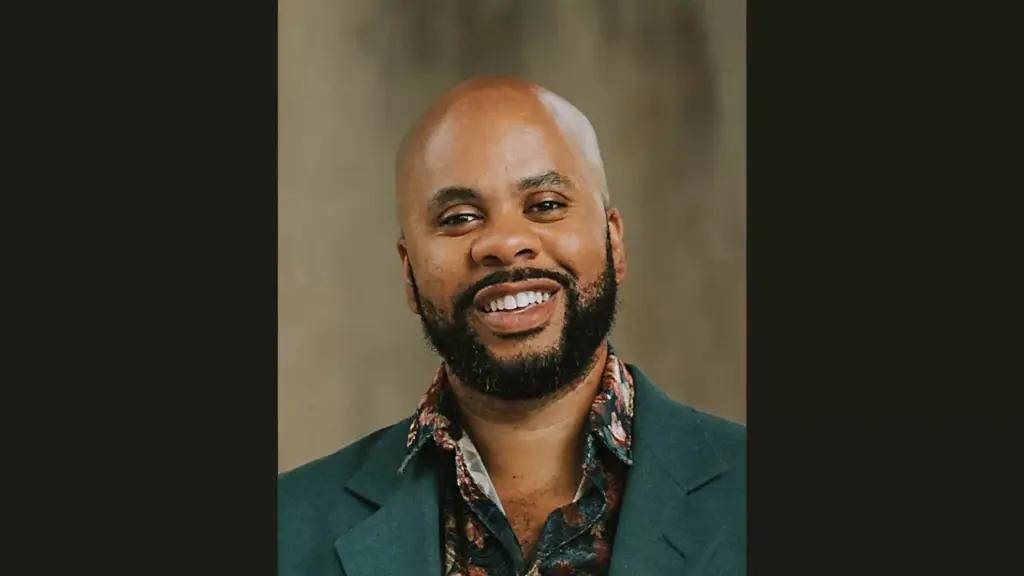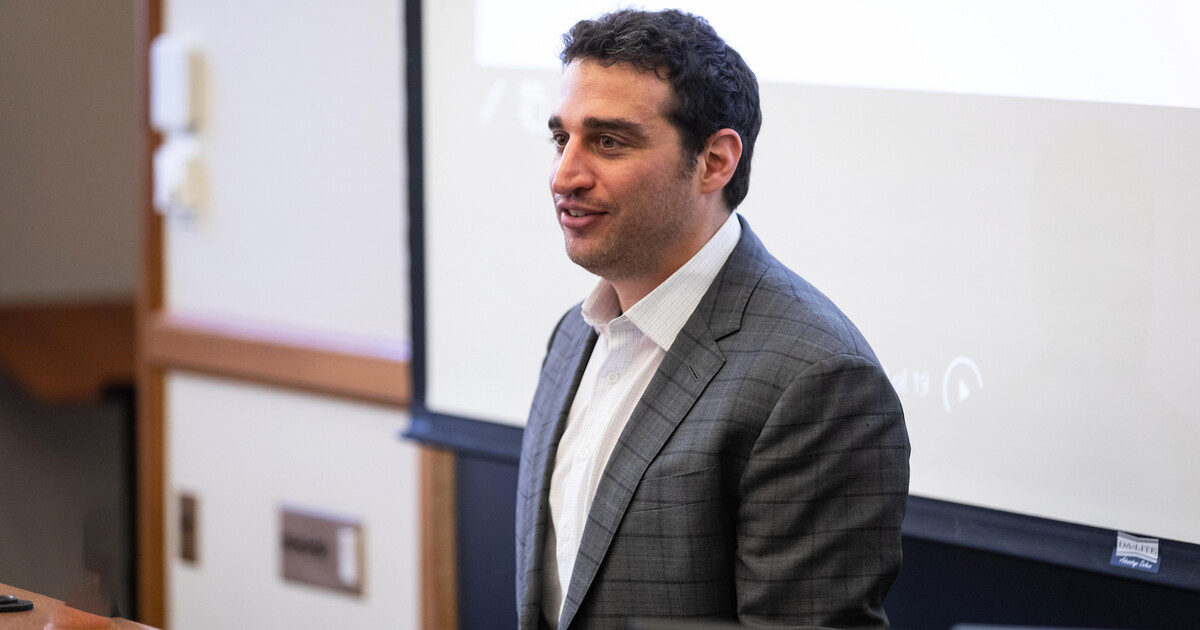
A woman grappling with the emotional fallout of a long-term friendship is contemplating whether to accept an olive branch from a friend who abruptly distanced herself. The two had been close for over **40 years**, sharing countless memories, including vacations and family gatherings. However, the dynamics shifted dramatically when the friend, after retiring and moving to a different part of the **United States**, seemingly ghosted her.
The woman expressed her confusion about the abrupt end to their friendship, noting that she does not fully understand the reasons behind it. The friend and her husband relocated after selling their valuable real estate, leading to the disconnection. The emotional toll of the situation has been significant, prompting the woman to seek counseling to gain clarity on her role in the breakup.
Through counseling, she recognized that some aspects of relationships are beyond personal control. Despite accepting the end of their friendship, she felt deep hurt and betrayal. Recently, the friend reached out, suggesting the possibility of rekindling their bond with a message: “Does this mean we can be friends?” The woman responded cautiously, saying “maybe,” reflecting her lingering trust issues.
Understanding the Path to Reconciliation
R. Eric Thomas, a national bestselling author and playwright, offers insights into such situations. He notes that the friend’s question might indicate a different perspective on the fallout. “It suggests that she doesn’t see herself as having ghosted you,” Thomas explains. This discrepancy in perceptions can complicate the process of rebuilding trust.
Thomas advises approaching this sensitive situation with clear communication. A constructive starting point could be asking, “Do you want to process what happened?” This question allows both parties to express their feelings and clarify any misunderstandings. It is essential to assess whether both individuals are ready to discuss the past or if a simpler acknowledgment of the time apart would suffice.
The complexities of trust mean that reconciliation is not an overnight process. It requires honesty, good intentions, and a commitment to addressing any past grievances. As Thomas puts it, “Trust will take time to rebuild.”
Moving Forward with Caution
For the woman considering the rekindling of her friendship, it is vital to weigh the potential risks involved. She expressed reluctance to initiate further contact, fearing that it could lead to more pain in the future. This concern is valid, especially given the emotional impact of the previous fallout.
Engagement in open dialogue about feelings and expectations can help both friends navigate the process of reconciliation. If approached thoughtfully, it is possible to begin anew while acknowledging the past’s complexities. The journey to rebuilding this friendship may not be straightforward, but with mutual understanding and effort, it can lead to a renewed bond.
Ultimately, every relationship faces challenges, and how individuals choose to address these hurdles can determine the future of their connection. Whether or not the woman decides to accept the olive branch, the lessons learned through this experience can foster personal growth and resilience.






